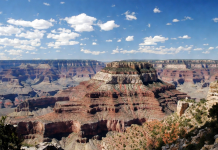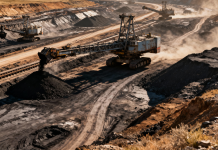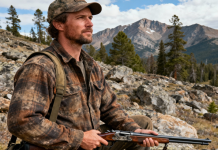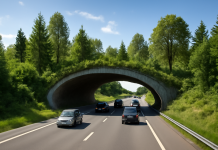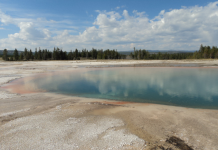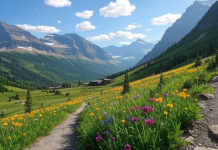National Public Lands Day (NPLD) is an annual initiative celebrated on the fourth Saturday of September each year, which in 2024 falls on September 28.
Here’s how you might engage with or understand this event:
NPLD serves as a celebration of the nation’s public lands, promoting volunteerism to help restore and maintain these spaces, which include national parks, monuments, wildlife refuges, and more. It’s also an opportunity for education on environmental stewardship and encourages public engagement with these natural resources.
On this day, thousands of volunteers participate in activities like trail maintenance, tree planting, beach clean-ups, and invasive species removal across the country. These activities not only improve the lands but also foster a deeper connection between people and nature.
One of the highlights for visitors is that all national parks waive entrance fees on this day, encouraging more people to explore and appreciate these public lands.
Volunteers receive various benefits, including in some cases, a voucher for free entry into national parks on another day. The idea is to give back to those who contribute their time and effort.
The NPLD theme for 2024 is “Together for Tomorrow” and underscores the communal effort towards preserving these lands for future generations, emphasizing unity in conservation efforts.
Beyond the immediate activities, NPLD highlights the importance of public lands in providing recreational opportunities, supporting biodiversity, and contributing to the overall health and well-being of communities. It’s also a platform for political leaders and environmental groups to discuss policies related to land management, conservation, and public access.
If you’re considering participating in National Public Lands Day, whether by volunteering or visiting a national park, it’s an excellent opportunity to engage directly with America’s natural heritage, contribute to conservation efforts, or simply enjoy the outdoors without the usual entry fees. Remember, this day not only encourages personal engagement with nature but also underscores the collective responsibility towards preserving these spaces for future generations.

